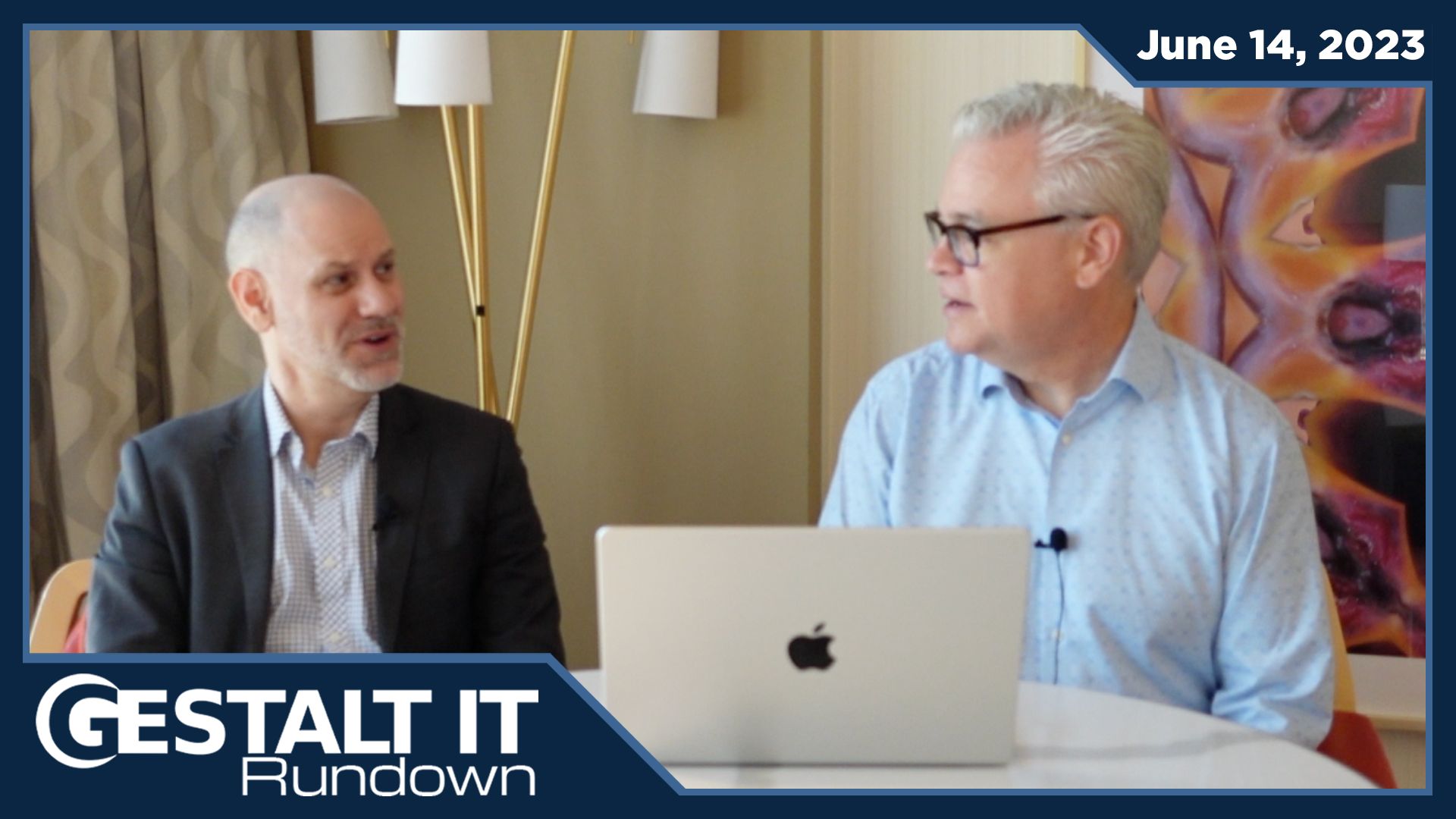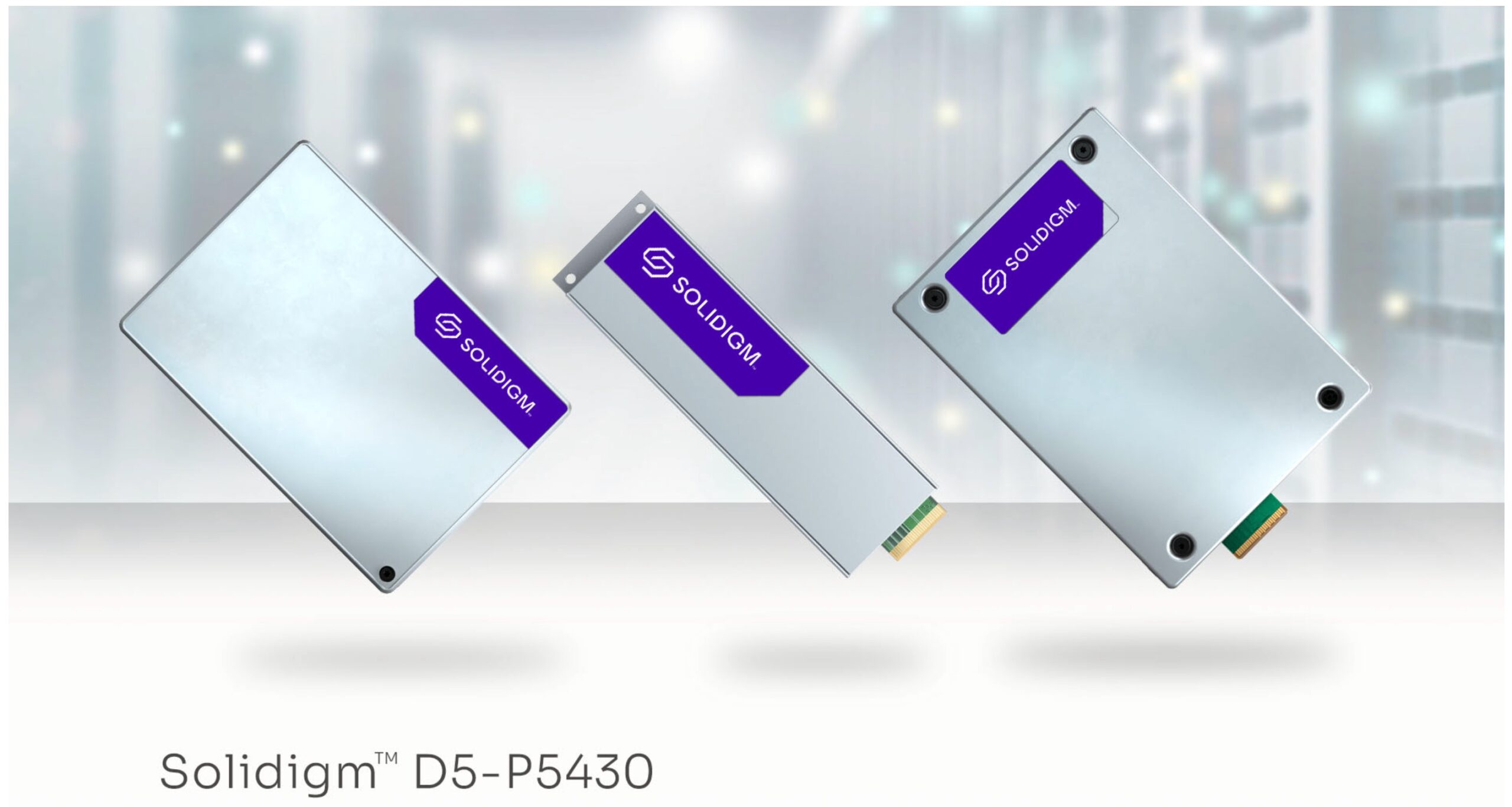Hard disk drives as data storage devices have been around much longer than SSDs. Once the fastest known method of secondary data storage, the popularity of HDDs is contested by the more recent arrival of Solid State Drives. SSDs have the advantage of performance, but HDDs are less expensive. Being able to retain data for much longer, hard disk drives to this day remain to be the backbone of big data centers.

The average lifespan of an HDD has been broadly estimated to be somewhere between 4 and 6 years. It really depends on the specific causes of failure. Disk drives with inherent defects in them have a much shorter lifespan. Mechanical failures that are caused by unexplained reasons happen randomly and often without prior signs. When the cause of failure is the wear and tear from working, it likely has run somewhere between the said years.
Backblaze’s Andy Klein has a more accurate and in-depth answer to this. In a study in which Backblaze sampled 200,000 disk drives, they found out a narrowed and more accurate range as the lasting period of disk drives. Klein writes:
How long do disk drives last? We asked that question several years ago, and at the time the answer was: We didn’t know yet. Nevertheless, we did present the data we had up to that point and we made a few of predictions. Since that time, we’ve gone to school on hard disk drive (HDD) and solid-state drive (SSD) failure rates. Let’s see what we’ve learned.
Read the rest of his article titled “How Long Do Disk Drives Last?” to see their entire study.




